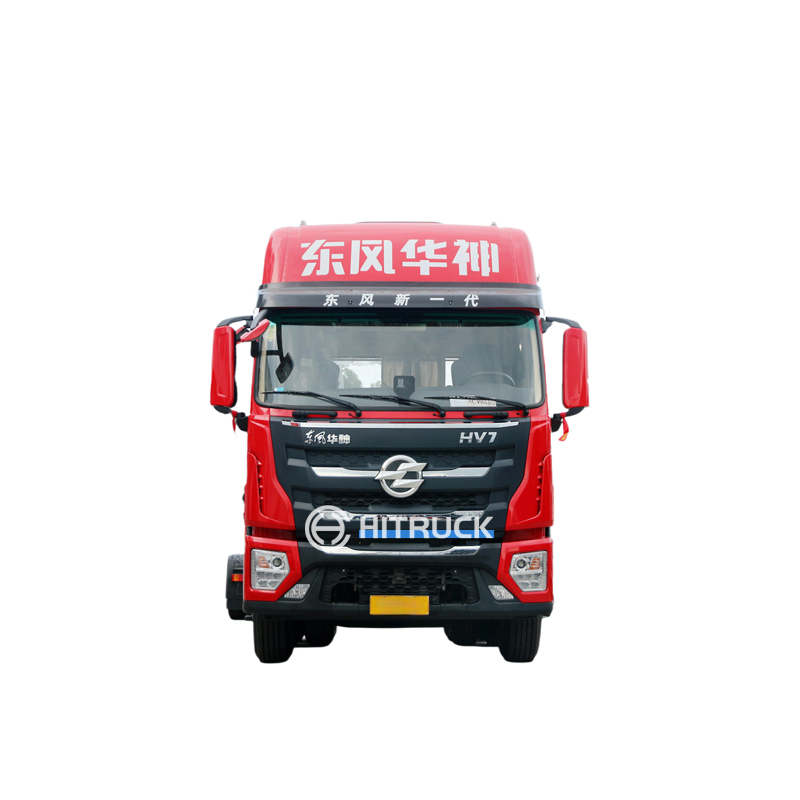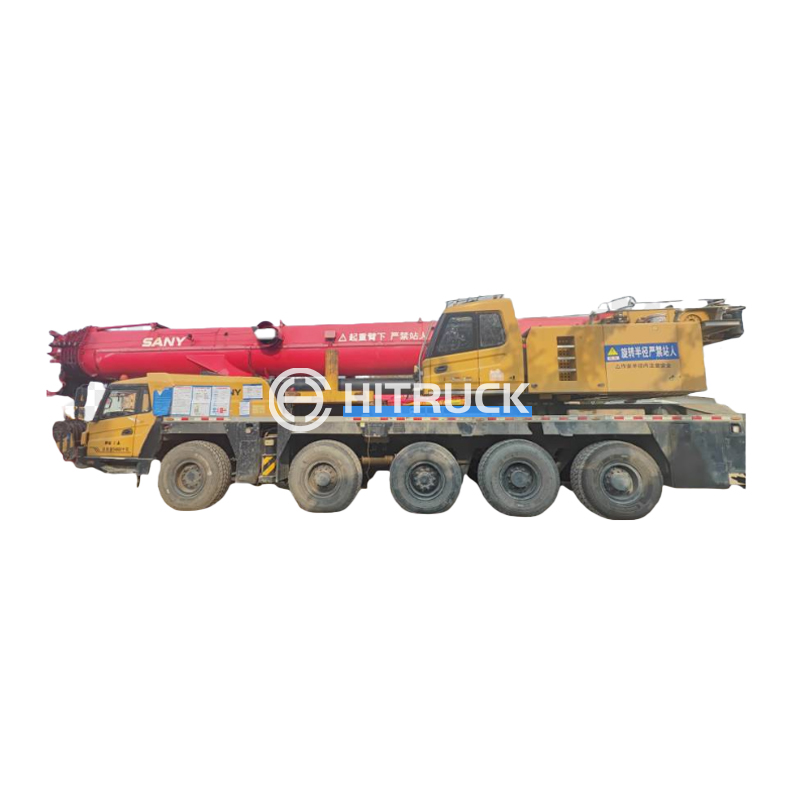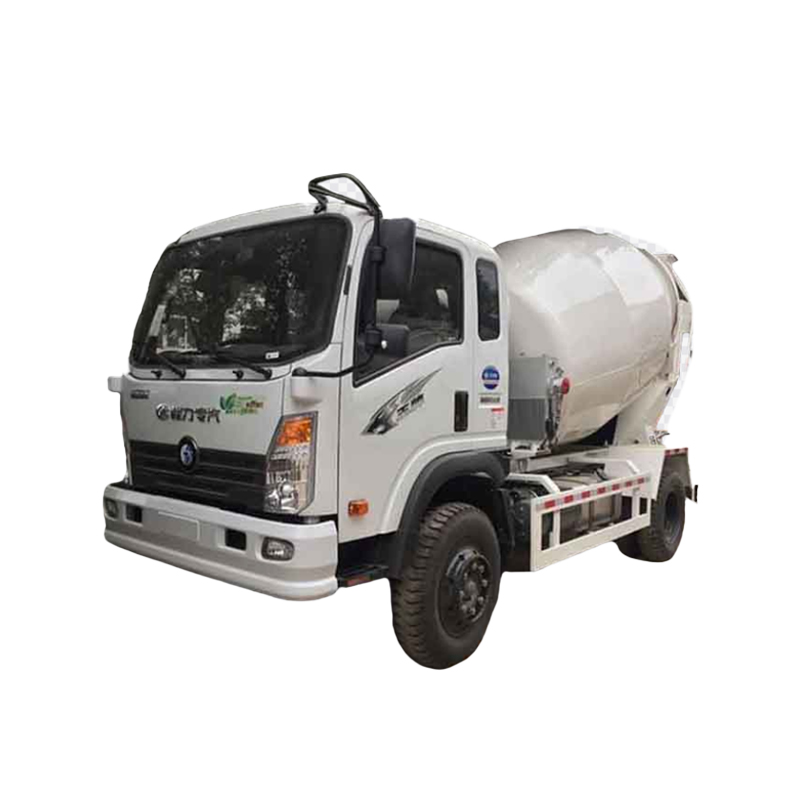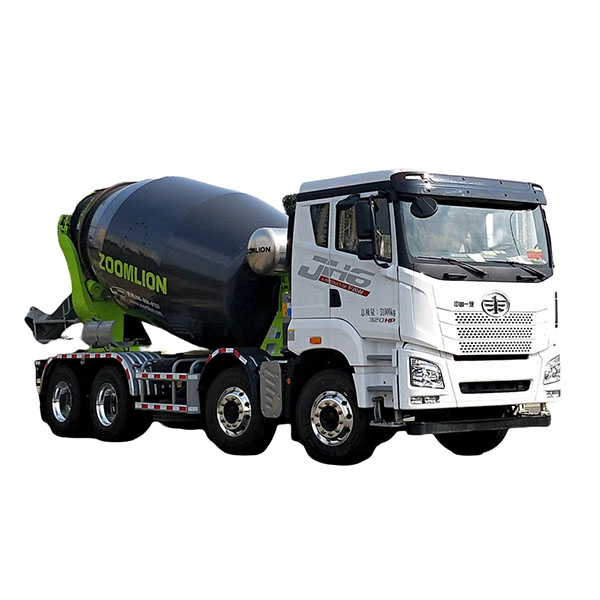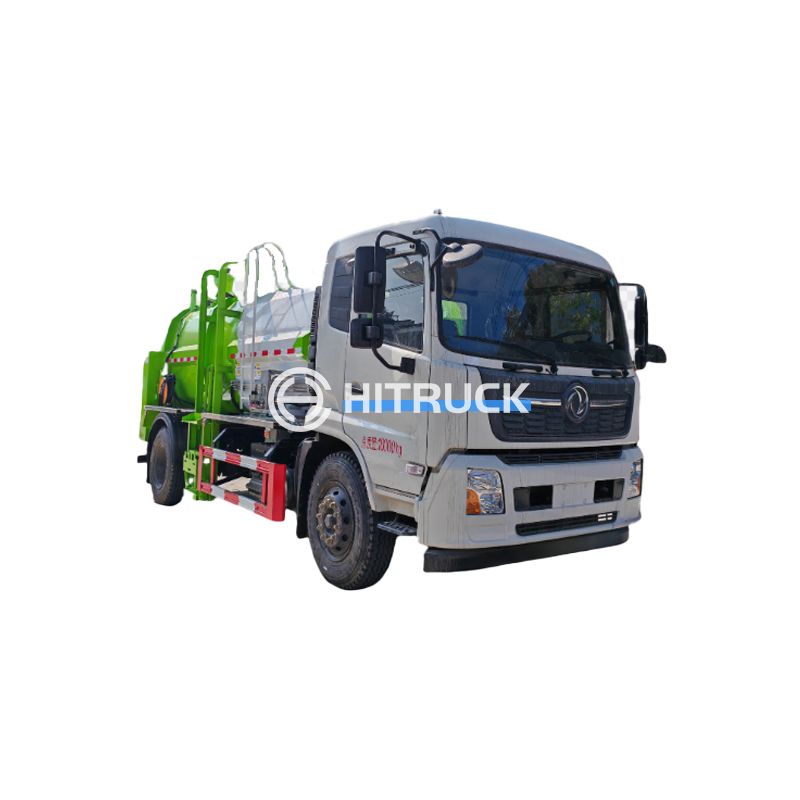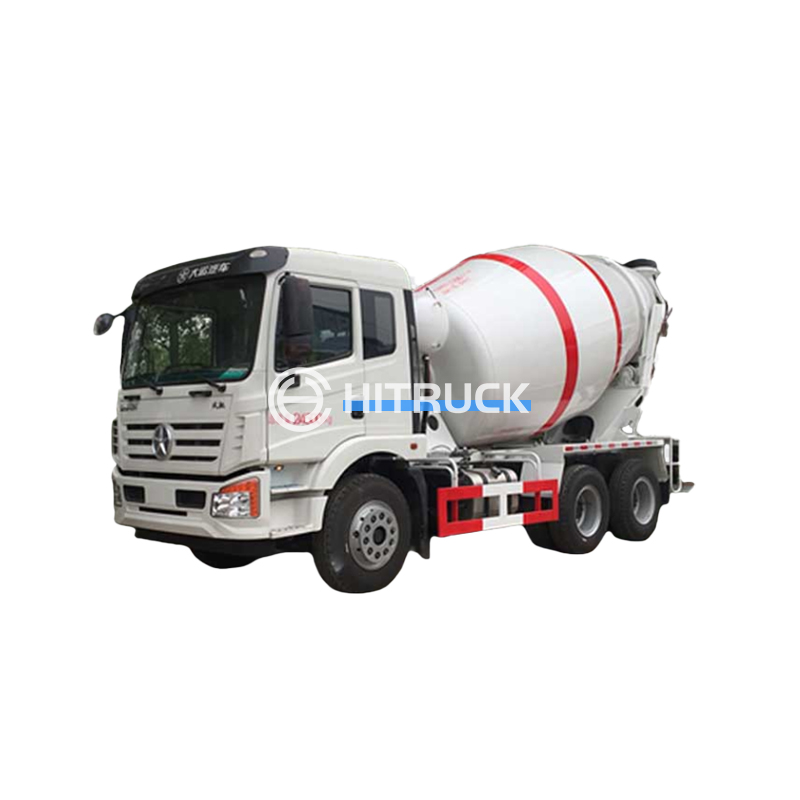This comprehensive guide explores the world of water water tankers, providing essential information to help you make an informed decision when purchasing or leasing one. We'll cover various types, capacities, features, maintenance, and legal considerations. Whether you're a farmer, construction company, municipality, or individual facing water scarcity, understanding the nuances of water water tankers is crucial.
Water water tankers come in a wide range of capacities, from small ones for domestic use (holding a few hundred gallons) to massive industrial models capable of carrying tens of thousands of gallons. The right capacity depends heavily on your specific needs and intended use. Consider daily water consumption, frequency of refills, and the distance between the water source and your destination.
Tankers are typically constructed from materials such as stainless steel, aluminum, or polyethylene. Stainless steel offers superior durability and resistance to corrosion, making it ideal for long-term use and transporting various water types. Aluminum is lighter, but may be susceptible to corrosion depending on the water quality. Polyethylene is more affordable but generally less durable. The choice of material impacts both the price and the longevity of your water water tanker.
Tank designs can vary, impacting efficiency and ease of use. Some feature compartments for different liquids, while others are designed for ease of cleaning. The design considerations affect the overall operational efficiency and versatility of your water water tanker. Think about specialized features like pumps, filtration systems, and even the type of chassis (truck or trailer).
The cost of a water water tanker varies drastically based on capacity, material, features, and brand. Establish a clear budget before starting your search to narrow your options effectively. Consider both the initial purchase price and ongoing maintenance costs.
Regular maintenance is crucial to extend the lifespan of your water water tanker and prevent costly repairs. This includes regular cleaning, inspections for leaks or damage, and timely servicing of the pump and other components. Research the maintenance requirements of different materials and designs to find a water water tanker that suits your maintenance capabilities.
Check your local regulations concerning the transportation and storage of water. This may include permits, licensing requirements, and safety standards for the water water tanker. Ensure the water water tanker you choose meets all relevant legal requirements.
Thorough research is key to finding a reputable supplier. Check online reviews, seek recommendations, and compare prices from multiple suppliers. Consider factors like warranty offerings, customer service, and delivery options. For reliable water water tankers and excellent customer service, you might consider exploring options like Suizhou Haicang Automobile sales Co., LTD. They offer a wide range of trucks and vehicles, including specialized ones that might be suitable for water water tanker needs.
Regularly inspect the water water tanker for leaks, cracks, and other damage. Clean the tank regularly to prevent algae growth and maintain water quality. Ensure all safety features, such as lights and brakes, are in good working order. Adhere to safe driving practices, considering the weight and dimensions of your water water tanker.
Choosing the right water water tanker requires careful consideration of various factors, including capacity, material, design, budget, maintenance, and legal compliance. By understanding these factors and conducting thorough research, you can select a water water tanker that meets your specific needs and ensures safe, reliable water transportation.



